Indonesia car survey: overcoming barriers of car purchase
Oct 08, 2024
Demand for passenger cars is declining The Indonesian automotive market in 2024 presents both
Vietnam market entry planning
Your company is ready to expand to new markets, whether to diversify manufacturing or reach a new client base, and you are now planning your Vietnam market entry. This is a country that has quickly become a hotspot for businesses relocating out of China as well as those looking for rising consumer-driven markets.
5 minute read
Written in collaboration with Cekindo Vietnam
The country is striving to be a hub for high-tech manufacturing, as the U.S. pressure on China has forced tech companies to rethink their supply chain that supports the world’s tech industries. This inflow of foreign direct investment has created an expansion of the middle-class that should not be ignored. But an entry into Vietnam comes with the usual, and unusual, growing pains of any quickly expanding economy that all need to be taken into consideration.
In this article, we’ll discuss how a good market entry strategy in Vietnam will help international investors navigate a new market with unique consumer behaviour trends and business requirements.
For a breakdown of all company registration types, click here.
Market research will mitigate the risks and maximise the opportunities in your market entry decisions. Vietnamese consumers move in leaps and bounds often skipping huge phases of development seen in other developed markets. For example most consumers have smartphones but never owned a fixed-line telephone. Most consumers have skipped credit cards in their financial management and have moved from cash straight to e-wallets.
Vietnam has a population of 98 million consumers across 27 million households. But it is far from one market, different segments manifest in geographies, needs, beliefs, brand use and income segments. Understanding who your consumer target is, their current habits and beliefs are critical to successfully launching a new product or service in Vietnam. Market research will assist you to identify the consumers whom you should be targeting. That is consumer segments that offer a commercially viable size in terms of both volume and expenditure and ‘where’ your business and brand can win.
Building a strategy requires identifying the best target, building a positioning that your brand can deliver, that attracts your target consumers and differentiates you in the competitive landscape. Optimising the product or service for the Vietnamese consumer segment will involve many choice trade-offs. Market research will help you make better choices. Every route to market choice between geographic coverage, channels, distributor selection and retail support will involve choices that will impact your success. Marketing tactical decisions will present numerous choices across pack, price, promotion, communications and even the product formulation or service utilities. Market research will help you make the best choices with the strongest positive impact on your success. Market research will afford you a far higher rate of return on your capital employed when entering the Vietnamese market.
The four main legal entities that foreign firms can incorporate are LLC, Joint-stock company, branch office and representative office. Here is a summary of each business entity and what differentiates them.
Foreign investors have the option of incorporating/registering the following types of companies in Vietnam:
The most prevalent legal entity type in Vietnam is the limited liability company (LLC), which is an ideal choice for small and medium-sized businesses (SMEs). Single investors can benefit from the company’s straightforward corporate form, which only requires one founder. Multi-member LLCs can have anything from two to fifty founders.
In Vietnam, a Joint Stock Company is suggested for medium and large firms since its corporate form necessitates the presence of at least three founders. Its registration procedure has more stringent standards. A joint-stock company can issue shares and be listed on the Vietnam Stock Exchange allowing for more flexibility in terms of mobilization of capital.
For foreigners who wish to study and investigate the local market, a representative office in Vietnam is ideal. It has limitations in terms of income generation, invoicing and more but it helps you to establish a market presence for the parent firm before expanding fully into Vietnam.
A branch office is a subsidiary of the main corporation. Without forming a distinct legal corporation, you can conduct all of your parent company’s commercial activities and generate a profit from your branch office in Vietnam.
A shelf company has been created and registered but not used once the incorporation process is finished. You just purchase an off-the-shelf corporation after conducting due diligence and completing all relevant documentation. Hence, a shelf company is an excellent option for businesses wanting to swiftly enter the market in Vietnam.
Vietnam has attractive tax regimes, offering enterprises and organizations the following tax benefits.
Preferential tax rates and tax incentives will be granted to new investment projects based on their location, industry, and size. These are earmarked by the government according to priority.h
Projects designated under sectors that are promoted by the Vietnamese government and are located in encouraging regions, as well as items imported under specific conditions, are eligible for import duty exemptions.
If specific conditions are met, such as investing in encouraging industries or business areas, and/or promoting geographic regions, a range of investment projects is eligible for a land rental fee exemption. This is especially relevant for those looking to do manufacturing in the country.
Investing in Vietnam’s free trade industrial zones is an ideal medium for international investors who want to set up production and sell their goods globally. These free trade zones come with the advantage of various government incentives and investment benefits. For instance, payment of only 10% of the CIT for 15 years, a 50% tax reduction on personal income, and tariff reductions on products across ASEAN regions. The following are some of Vietnam’s prominent Free Trade Zones, which are among the country’s 250 industrial zones:
With a higher than average turnover rate of 24% and a national education system that still lacks international standards, hiring a skilled workforce can be a challenge. On the other hand Vietnam was sending approximately 170,000 students to study abroad in developed countries before the pandemic.
It is possible to cut overhead expenditures & improve hiring efficiency by partnering with a PEO. All of your talent acquisition, human resource, payroll, and administrative activities may be handled by the local PEO, allowing you to focus on your bottom line. The benefits of using such an organization is that they have had extensive experience in the local market and with their expertise, your pool of talented workers can be expanded and your turnover rate can be minimized.
To truly succeed in such a rising market like Vietnam, thorough due diligence is an essential step towards succeeding. However, there are pitfalls that many foreign companies don’t take into consideration. These can include inter-cultural issues, a gap in education levels and a slow laborious bureaucratic process. In terms of government processes, be aware that Vietnam is still in the initial stages of digitizing its procedures and office functions, therefore be aware of the slow-moving legal and bureaucratic processes of setting up your company, paying your taxes, etc. A successful market entry strategy combines thorough market research with an understanding of the local business environment and the incorporation legalities.


Indonesia car survey: overcoming barriers of car purchase
Oct 08, 2024
Demand for passenger cars is declining The Indonesian automotive market in 2024 presents both

Vietnam retail banking 2024
Sep 17, 2024
Unlocking the future of retail banking Vietnam retail banking 2024 The world of retail banking is

Vietnam uninterrupted: a twenty-year journey
Mar 18, 2024
Trends in Vietnam: Vietnam uninterrupted: a twenty-year journey Trends in Vietnam. Witness

Hy Vu - Head of Research Department
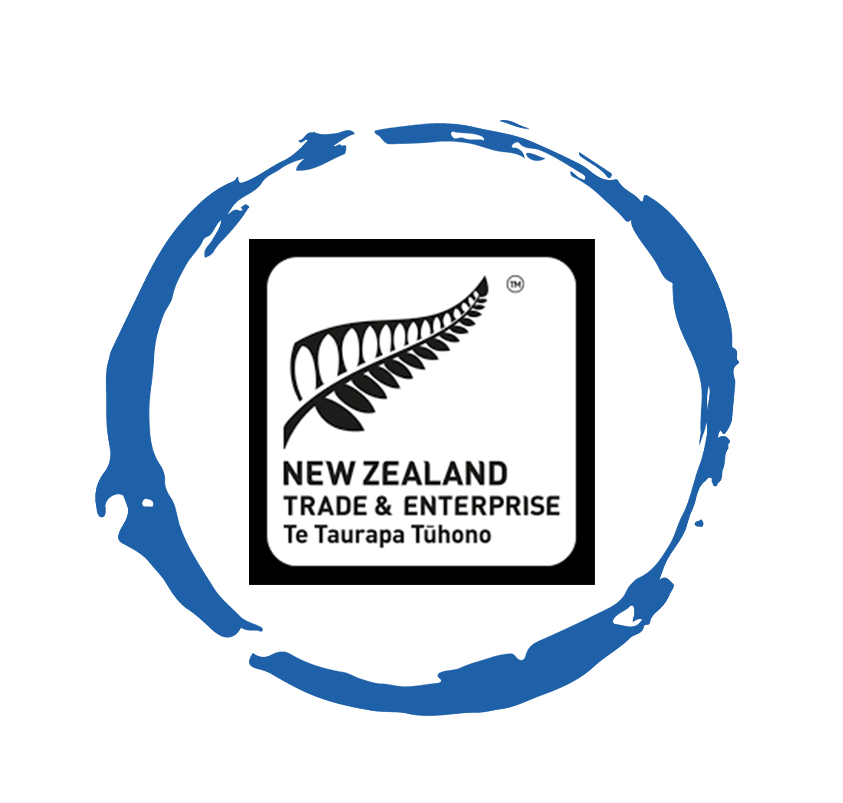
Joe Nelson - New Zealand Consulate General
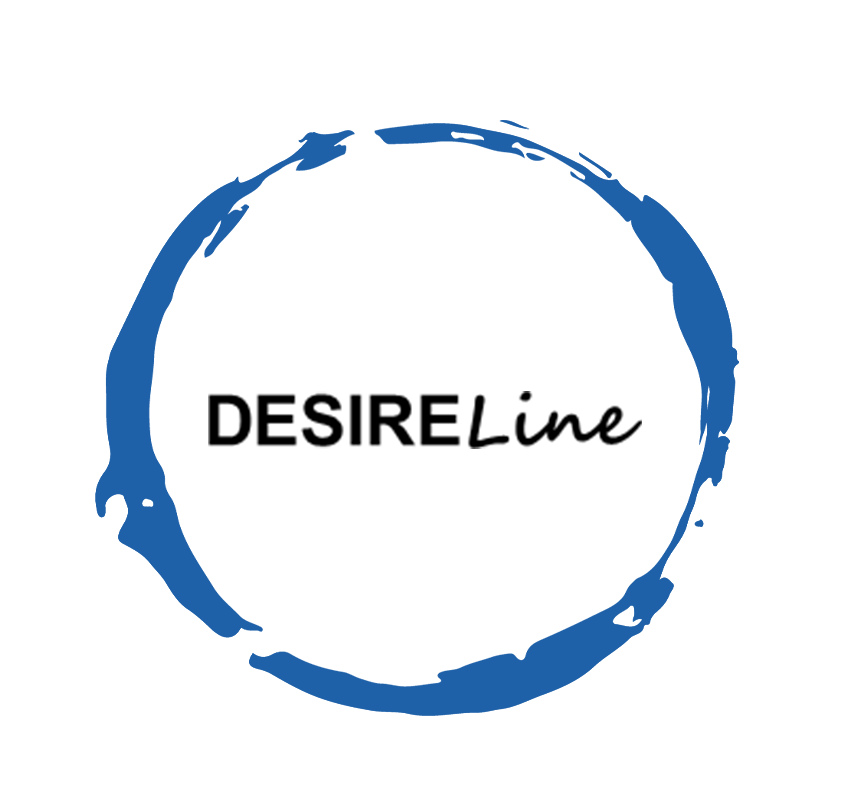
Steve Kretschmer - Executive Director
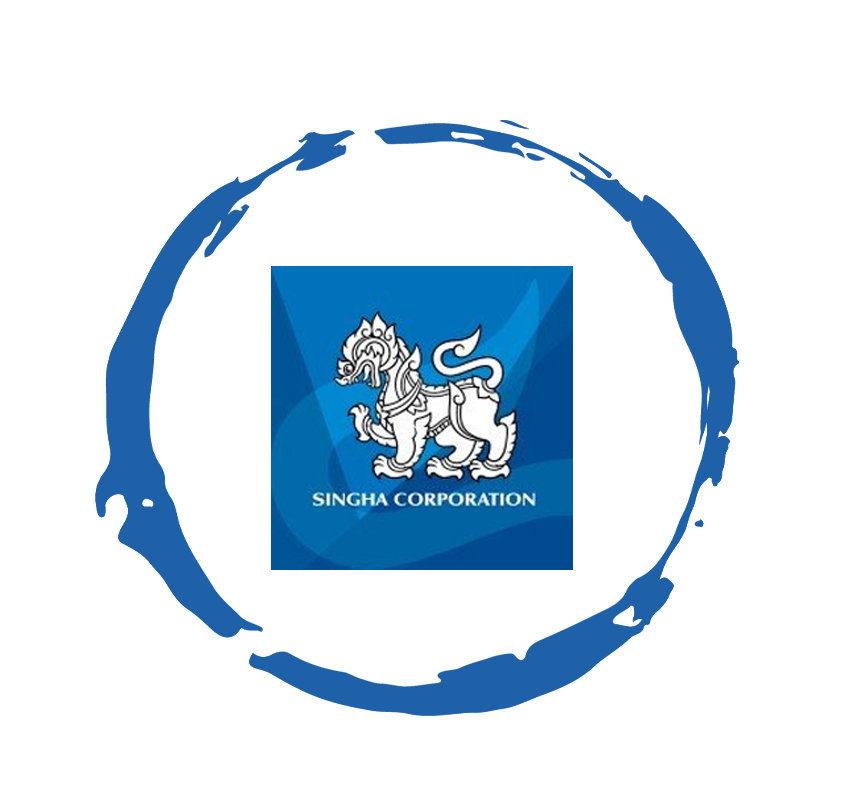
York Spencer - Global Marketing Director

Laura Baines - Programmes Snr Manager

Mai Trang - Brand Manager of Romano

Hanh Dang - Product Marketing Manager

Luan Nguyen - Market Research Team Leader
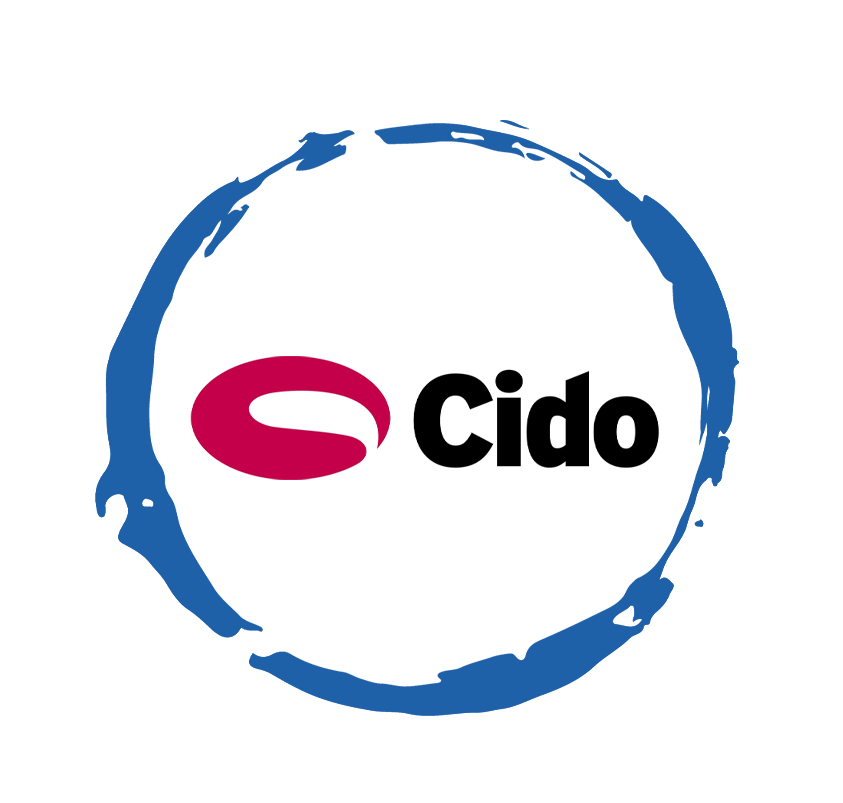
Max Lee - Project Manager

Chris Elkin - Founder

Ronald Reagan - Deputy Group Head After Sales & CS Operation
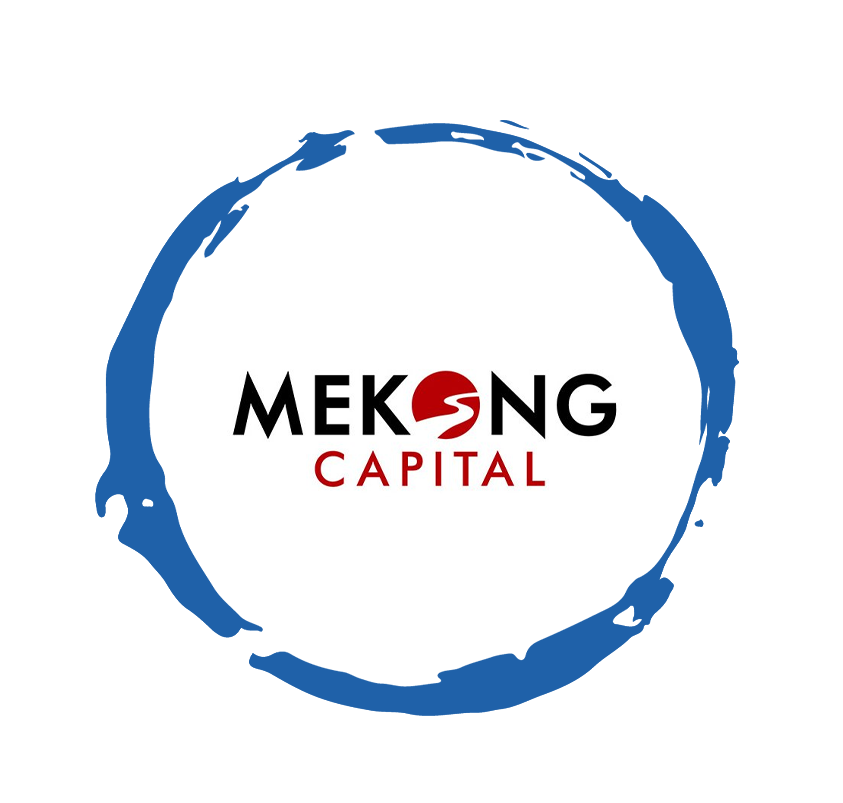
Chad Ovel - Partner

Private English Language Schools - Chief Executive Officer
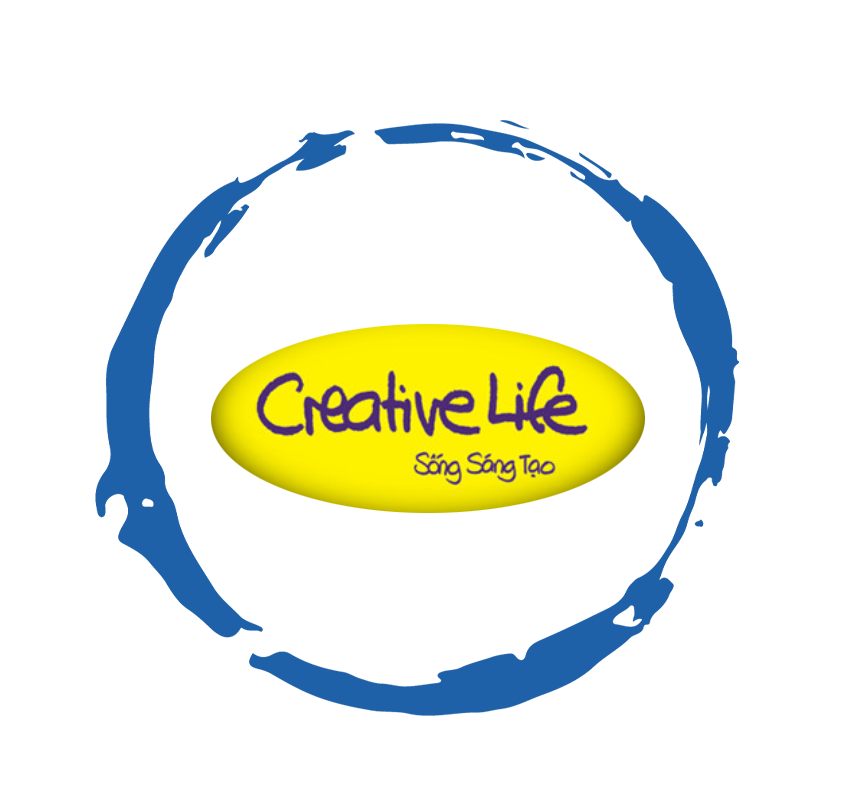
Rick Reid - Creative Director

Janine Katzberg - Projects Director

Anya Nipper - Project Coordination Director

Dr. Jean-Marcel Guillon - Chief Executive Officer
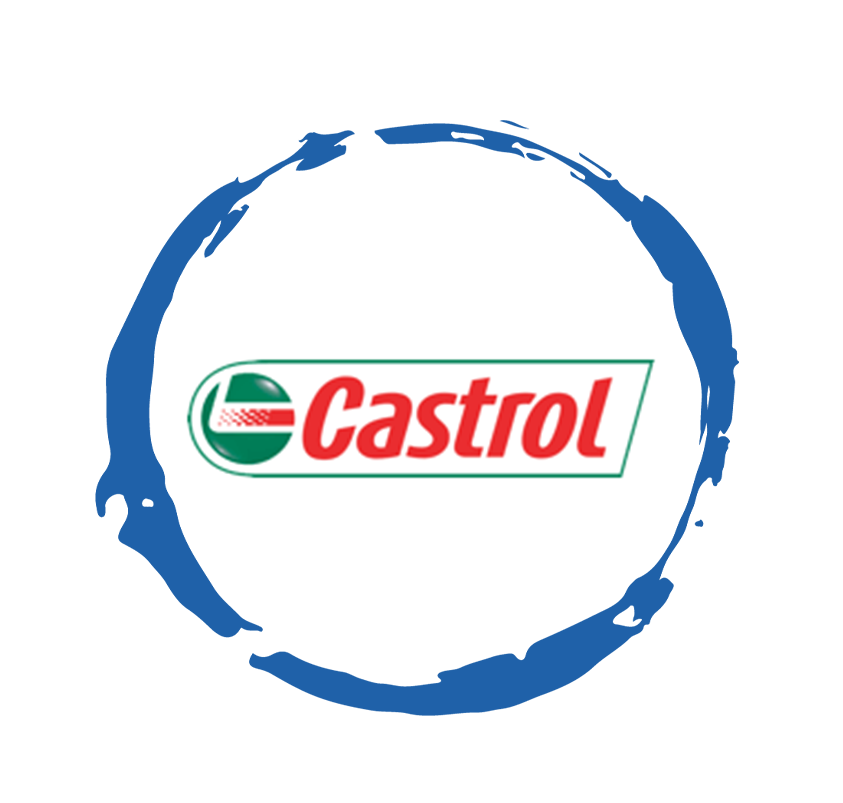
Joyce - Pricing Manager

Matt Thwaites - Commercial Director
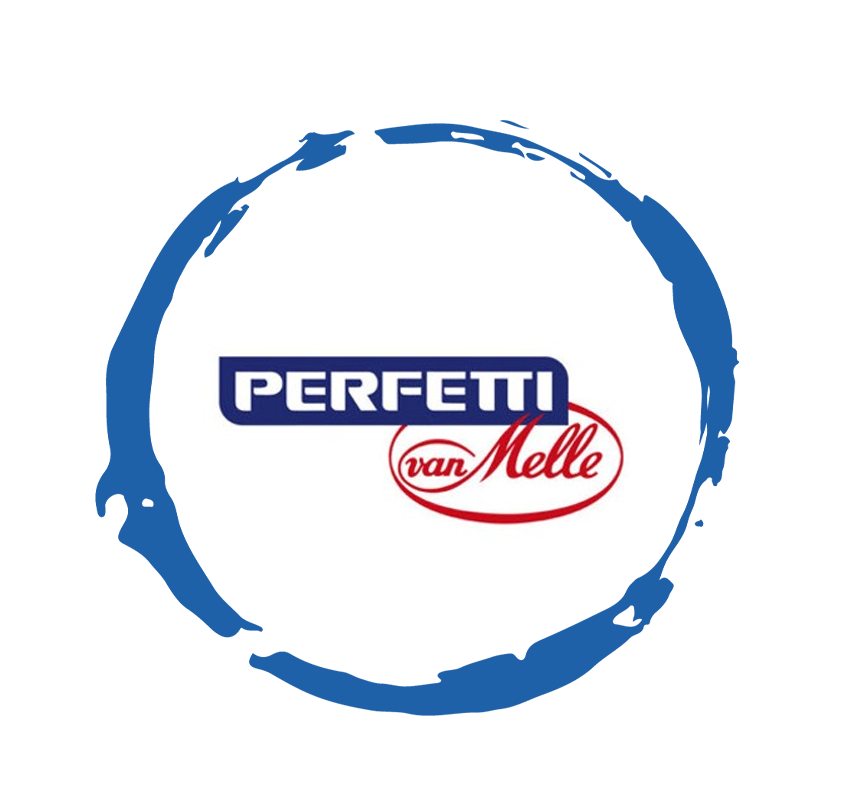
Aashish Kapoor - Head of Marketing

Kelly Vo - Founder & Host
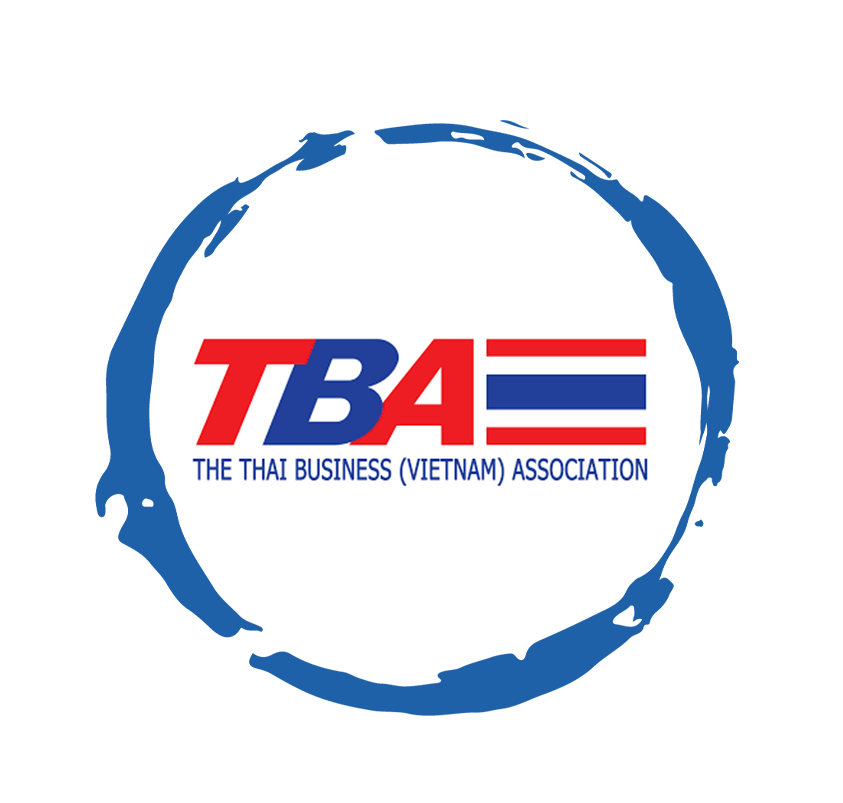
Thanyachat Auttanukune - Board of Management
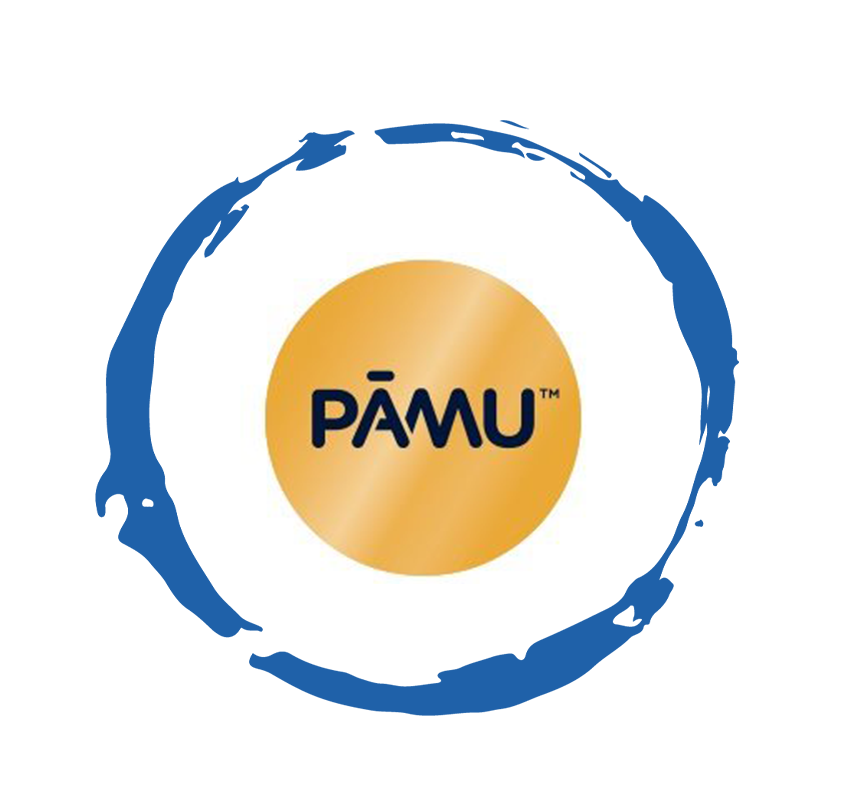
Hamish Glendinning - Business Lead

Thuy Le - Consumer Insight Manager

Richard Willis - Director

Ha Dinh - Project Lead
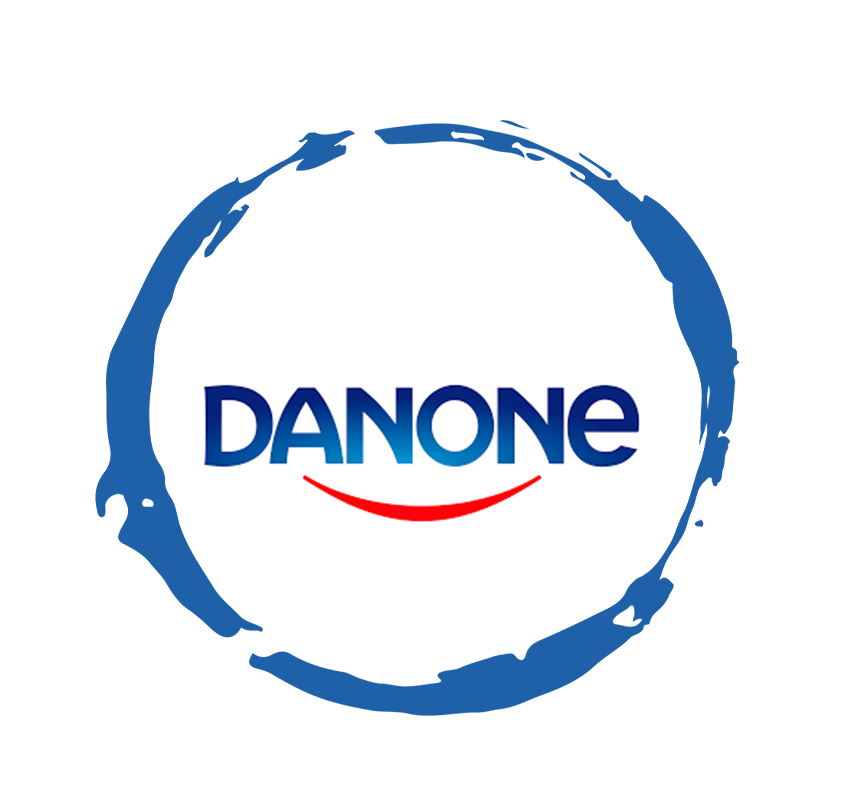
Geert Heestermans - Marketing Director

Louise Knox - Consumer Technical Insights

Aimee Shear - Senior Research Executive
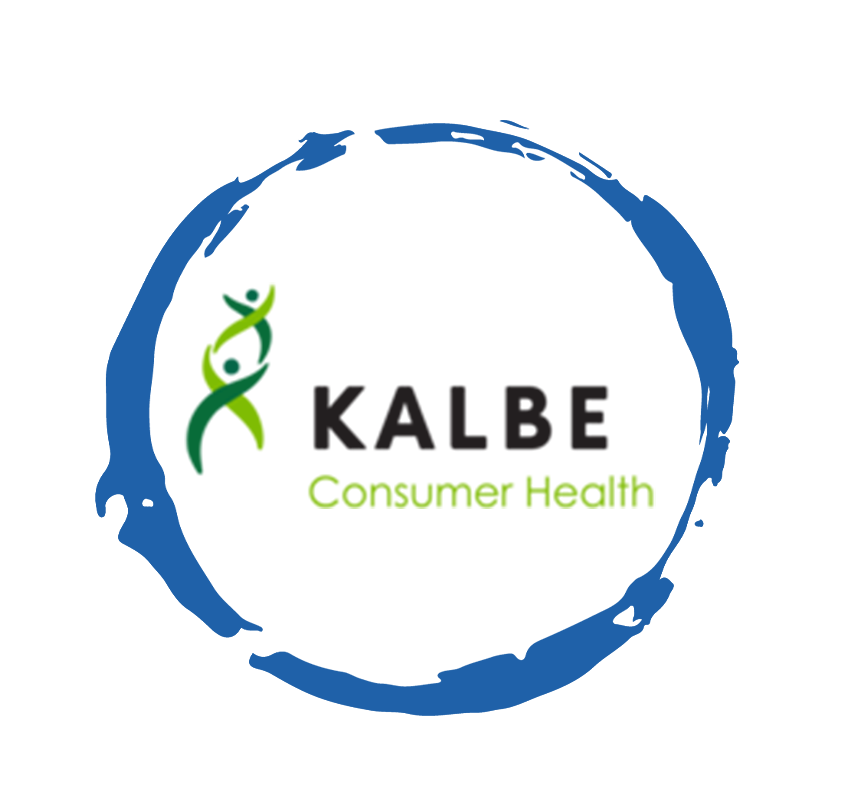
Dennis Kurnia - Head of Consumer Insights

Tania Desela - Senior Product Manager
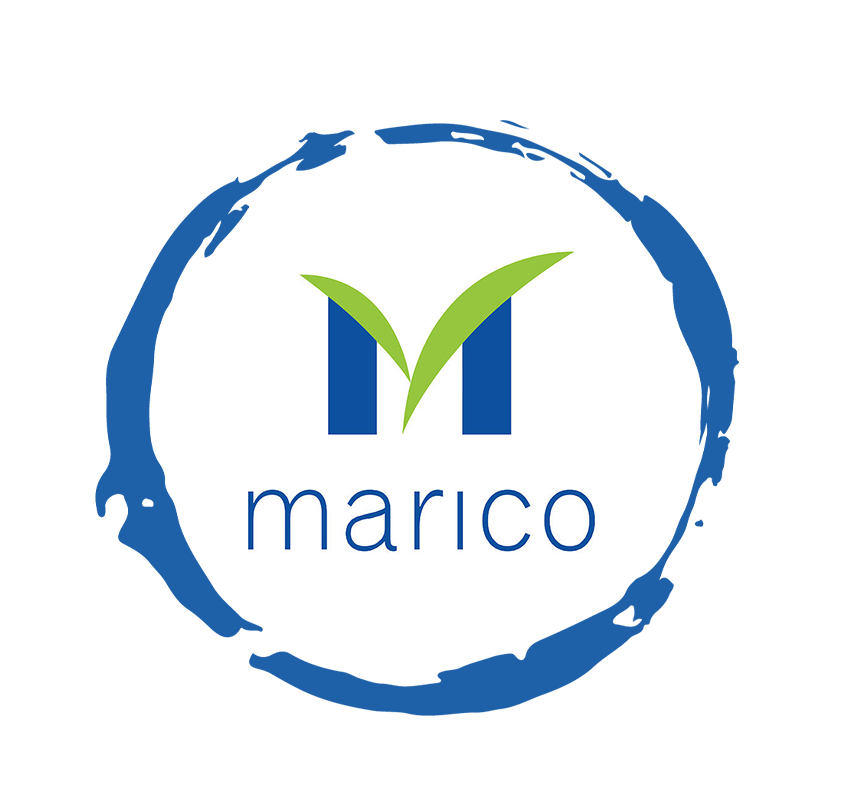
Thu Phung - CTI Manager
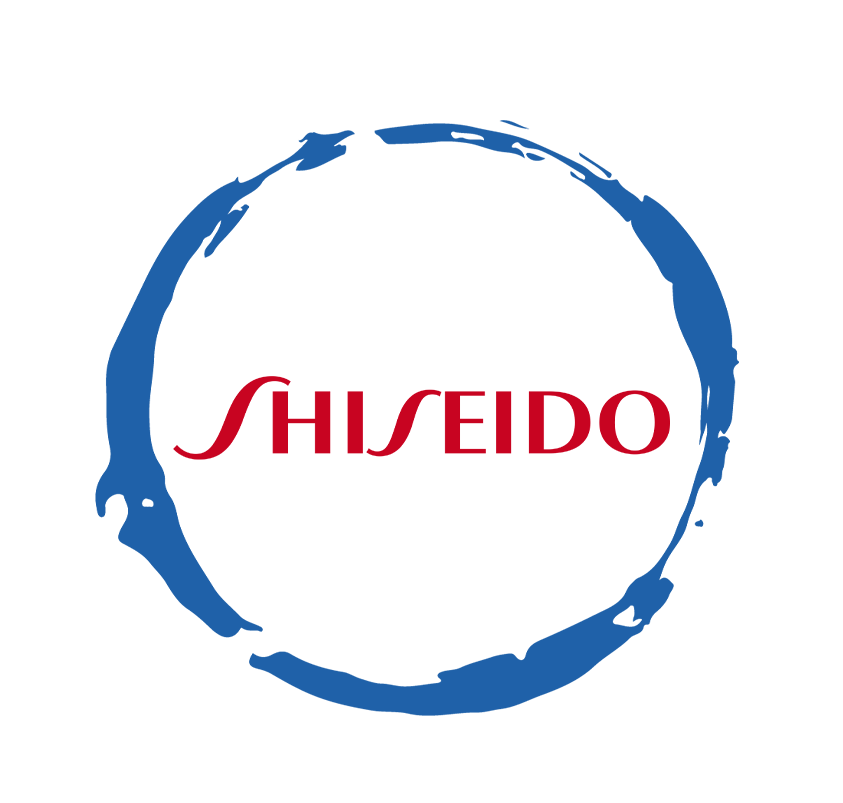
Linda Yeoh - CMI Manager

Cimigo’s market research team in Vietnam and Indonesia love to help you make better choices.

Cimigo provides market research solutions in Vietnam and Indonesia that will help you make better choices.

Cimigo provides a range of consumer marketing trends and market research on market sectors and consumer segments in Vietnam and Indonesia.

Cimigo provides a range of free market research reports on market sectors and consumer segments in Vietnam and Indonesia.
Xin cảm ơn. Một email kèm với đường dẫn tải báo cáo đã được gửi đến bạn.
Vui lòng điền thông tin vào biểu mẫu bên dưới để tải về báo cáo miễn phí.
Báo cáo sẽ được gửi vào email bạn điền ở bên dưới.
Please enter the information for free download.
The report will be sent to your email.
